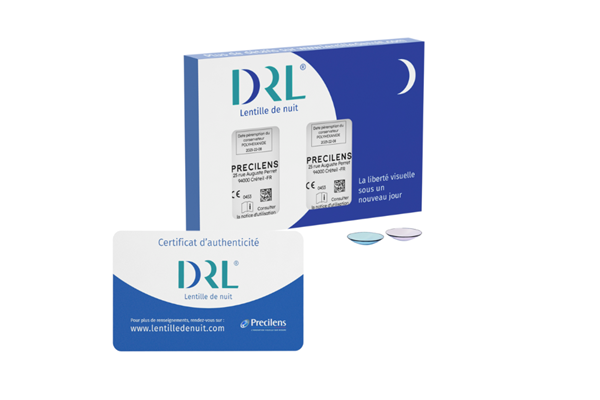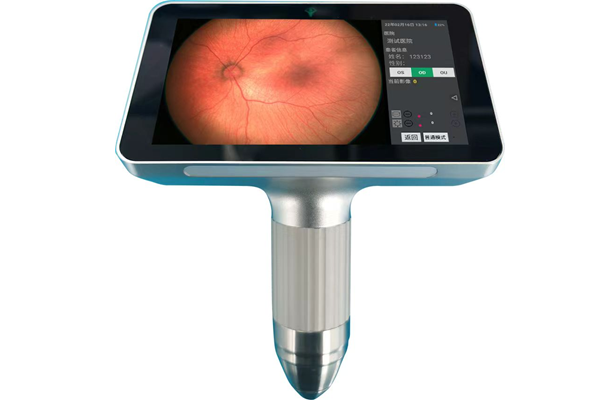联系我们
地址:上海市普陀区武威路88弄15号
邮编:200331
电话:(+86) 021-50498986
Email:info@pioneer-pharma.com
by Nick Paul Taylor |
Aug 11, 2016 8:46am
2016年8月12日讯 /生物谷BIOON/ --制药巨头吉利德公司最近宣布和丹麦生物技术公司Genmab达成了一项合作协议,利用后者开发的双特异性抗体技术平台开发治疗HIV的特效药物。按照协议,吉利德公司将获得Genmab公司专利技术的独家授权开发新型HIV疗法。此外,公司还有权开发另一种疾病的双特异性抗体药物。但两家公司均未透露第二种药物靶点信息。
Gilead ($GILD) has
struck a deal to access bispecific antibody technology from Genmab (CPH:GEN).
The agreement gives Gilead an exclusive license to use the Danish drugmaker’s
bispecific platform to create an HIV therapeutic, plus an option to take up
another exclusive license on the technology.
In return for the
exclusive license, Gilead is paying $5 million (€4.5 million) upfront and
committing to up to $277 million in milestones. And, in the event the HIV drug
makes it to market, Genmab will also pocket single-digit royalties. The
agreement sets similar terms for Gilead’s as-yet-unexercised option on a second
exclusive license.
Gilead has entered
into the commercial agreement a little more than two years after gaining access
to Genmab’s bispecific platform through a research collaboration. At the time,
Genmab only referred to Gilead as an “undisclosed biotechnology company.” In
the intervening period it has outed Gilead as the undisclosed biotech, and now
it has gone a step further by revealing its plans for the platform.
By gaining access
to a bispecific antibody platform, Gilead has strengthened its hand in a field
of HIV research that is the subject of a growing body of scientific literature.
Teams at NIH, The Rockefeller University and Duke University are among those
active in the field. The Duke group has teamed up with MacroGenics ($MGNX), a
Johnson & Johnson ($JNJ)-partnered bispecific biotech, on its efforts.
The NIH and
MacroGenics’ research programs both involve bispecifics that bind to a HIV
protein and the CD3 receptor. Hitting both these targets enables the bispecific
to bring together killer T cells and HIV-infected cells and, in doing so, have
the immune system attack reservoirs of the virus. The team at Rockefeller are
pursuing a mechanism involving HIV-1 envelope glycoprotein.
As it stands,
neither Gilead or Genmab have disclosed which targets are covered by their
agreement, but the former’s interest in bispecifics shows the technology is
being taken seriously in HIV. While the hepatitis C boom has defined Gilead in
recent years, its HIV franchise generated sales of close to $10 billion last
year. If the bispecific now in development at Gilead goes on to form part of
that franchise, Genmab will add another revenue stream to its growing business.



 沪公网安备 31010702003670号
沪公网安备 31010702003670号